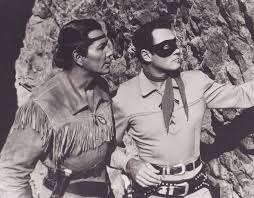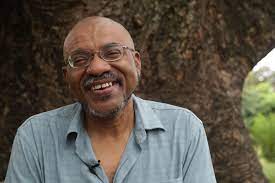
Here’s a reprise of the oft-mentioned and frequently reread 2017 Thanksgiving column with a few additions and minor changes to suit the dying days of 2019. What’s amazing is how many changes were NOT needed. That is, it’s reassuring to know how strong our thankfulness remains in these consistently challenging times.
Some random thoughts, then, before people to my west wake up in their houses to the smell of bread and onions and butter and slowly roasting turkey. Let the madness of Thanksgiving begin anew!
- First of all, I’m thankful for YOU, the reader. Blogs are like mosquitoes in the Maine woods, so for readers and especially regular readers, I am most thankful.
- Second of all, I won’t bore you with the usual thankfulness faves. You know, for family and friends and health and roofs over one’s head.
- Whoops.
- Has anyone else in Norman Rockwell’s America noticed the rise in Comfort Food Consumption (CFC) since the electoral college’s election of Trump?
- Of course I’m listening to George Winston’s piano music. Autumn, specifically, on this rainy, 38-degree (Fahrenheit, for those keeping score) Thanksgiving morning. (Note: In the northern hemisphere, it remains autumn until Dec. 21st when a certain solstice elbows in.)
- Free verse. Whoever set it free it in the first place? And how did its rescue become such a cause célèbre?
- Sunrises. Always be grateful for sunrises. By comparison, sunsets are rather commonplace. Why? Because more people witness them.
- Poetic touchstones: Frost, Yeats, Kooser, Wright, Gilbert, Dickinson, Szymborska, Kenyon, Roethke, WCW, Stevens, the Chinese and the Japanese of old.
- Can we give thanks for the resurgence of print books? As was true with Mark Twain, news of its death was greatly exaggerated. For those who love a book’s heft and smell — its essence, if you will — this is wondrously good news.
- And what about local bookstores run by mom and pop? If they’re close enough, talk to your economist again and forego that Evil Empire Amazon discount. Less to a conglomerate capitalist behemoth and more to writers. As a reader and patron of the arts, isn’t that what you’re about? Put your money where your principles and precepts are and quit stuffing the turkeys!
- Has anyone else noticed the rise in people watching Comfort Movies on Hallmark (CMOH) since the electoral college’s election of Trump? (Note: I think the Hallmark movie formula can be written out like a not-so-scientific equation.)
- Shakespeare. Always give thanks for Shakespeare. And reread two plays (minimum) a year, one comedy, one tragedy–each metaphors for your life.
- Speaking of classics, have you ever noticed how many poets read the King James Version of the Bible, especially its most poetic books (e.g. the Psalms) for inspiration and rhythmic tutelage? Amen to that!
- Personally, I take comfort in Ecclesiastes, easily my favorite Old Testament book.
- If any of your grandparents are still alive, give thanks. If one or both of your parents are still alive, give thanks. And overlook their shortcomings by reminding yourself of your own.
- I am thankful for people who are kind on-line, a place where trolls in basements virtually proliferate and pillage virtual villages of good will. It’s easy to be an anonymous bad-ass, but to be an anonymous decent person? Less so.
- I’m thankful for the first ritual of the day, my daily coffee (bread was otherwise occupied).
- Let’s hear it for poetry markets, for poetry editors and readers who take huge swaths of their time to read would-be, wanna-be, and is-be poets’ best efforts!
- Has anyone else noticed the rise in People Drinking Alcoholic Beverages (PDAB) since the electoral college’s election of Trump?
- Which reminds me, we give thanks for newspapers, journalism, objectivity, facts, and truth… the victims of demagoguery the world over.
- Speaking of, give thanks for every country in the world where peace rules the land and where good people may sit down to break bread with their families without worrying about bombs and guns and war. May we do our best to spread it to countries where that is not the case.
- For ars poetica and ars blogica.
- I’m grateful for two books under the belt, with #3 now finished in manuscript form and dressing itself up for publisher courting.
- I’m grateful for readers who support new poets whose books are unavailable at local libraries (to the tune of ABBA’s “Take a Chance on Me”).
- And economists who speak up when thrifty sorts balk at the price of poetry books: “That’s only 30 cents a poem! And besides, why aren’t you so thrifty when it comes to your daily ice coffee (size: Honkin’), your monthly phone plan (size: Macy’s Parade balloon), your cable bill (size: outrageous), and your cases of bottled water (size: totally unnecessary)?” (Let’s give thanks for good questions!)
- I’m grateful for perspective.
- For any reader who made it this far. Thank you! May you stay cool, calm, collected and well-read as we enter the holiday season!








